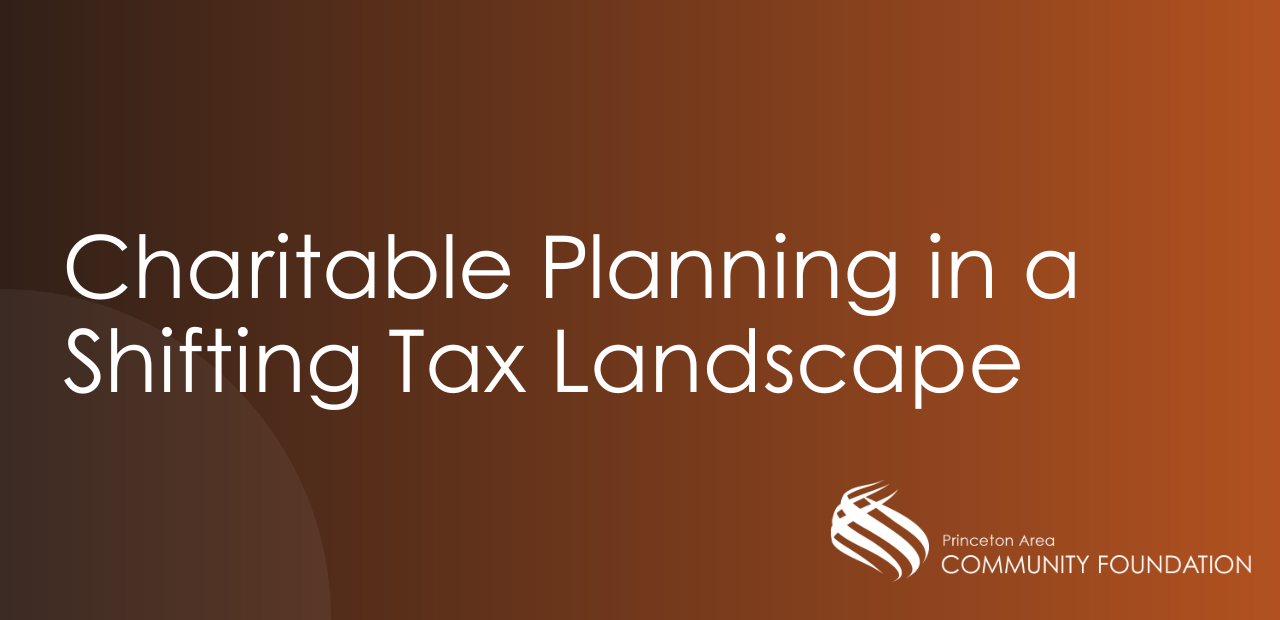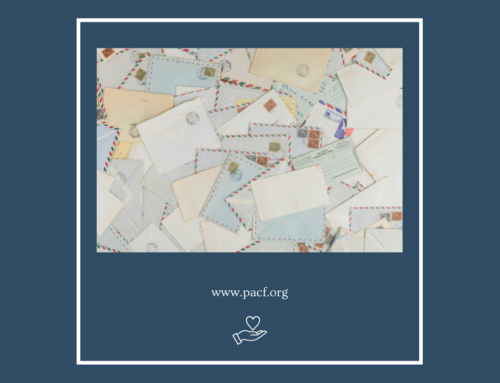It’s an election year, which means you might have more questions than answers while working with your advisors to build your financial and estate plans. The looming sunset of key provisions of the Tax Cuts and Jobs Act (TCJA) of 2017 has created significant ambiguity.
Many taxpayers are concerned about the potential sunset of the TCJA’s higher estate tax exemption. Unless Congress intervenes, the exemption will fall after December 31, 2025 from roughly $27 million per couple to approximately $14 million per couple (depending on inflation adjustments).
Strategies for Business Owners and Families
Since no one can predict the future, its challenging to determine when or if you should implement strategies to address potential legal changes. Nevertheless, if the estate tax exemption’s drop would affect you, know that charitable strategies can fit well into a gifting plan to help offset the sunset’s impact.
As a business owner, you could consider starting a gifting program now to transfer shares of the business to your heirs, taking advantage of the higher exemption, and to a donor-advised or other fund at the Community Foundation. These gifts could reduce the value of your taxable estate while allowing you to execute a business transition and philanthropy plan that aligns with your overall intentions regardless of the tax laws.
Similarly, some families might decide to lean into annual exclusion gifts ($18,000 per gifting spouse per recipient in 2024) to family members and other individuals, reducing taxable estates without using the lifetime gift and estate tax exemptions.
Charitable Gifts and Estate Planning
If you’re considering ramping up your annual exclusion gifts, you might also adopt a parallel strategy for charitable gifts. Gifts to charities are deductible for gift and estate tax purposes (as well as for income tax purposes), thus reducing the value of your taxable estate without using your exemption. Some philanthropists report they like making annual exclusion gifts to family members, and, at the same time, making stock gifts of an equal amount into a donor-advised fund at the Community Foundation.
Given the uncertainty about the estate tax exemption, some people are updating their estate plans to increase a bequest to a donor-advised or other fund at the Community Foundation. This would help mitigate the impact of estate taxes, and the bequest can be adjusted during their lifetime as planning goals and estate tax laws evolve.
Contact Us
The Community Foundation is here for you! Our team is happy to assist you navigating the opportunities and pitfalls presented by potential changes in tax law. We are pleased to work with you and your family to maximize your charitable goals.
For more information, contact Steven Spinner, at sspinner@pacf.org or Gabrielle Markand, at gmarkand@pacf.org.






